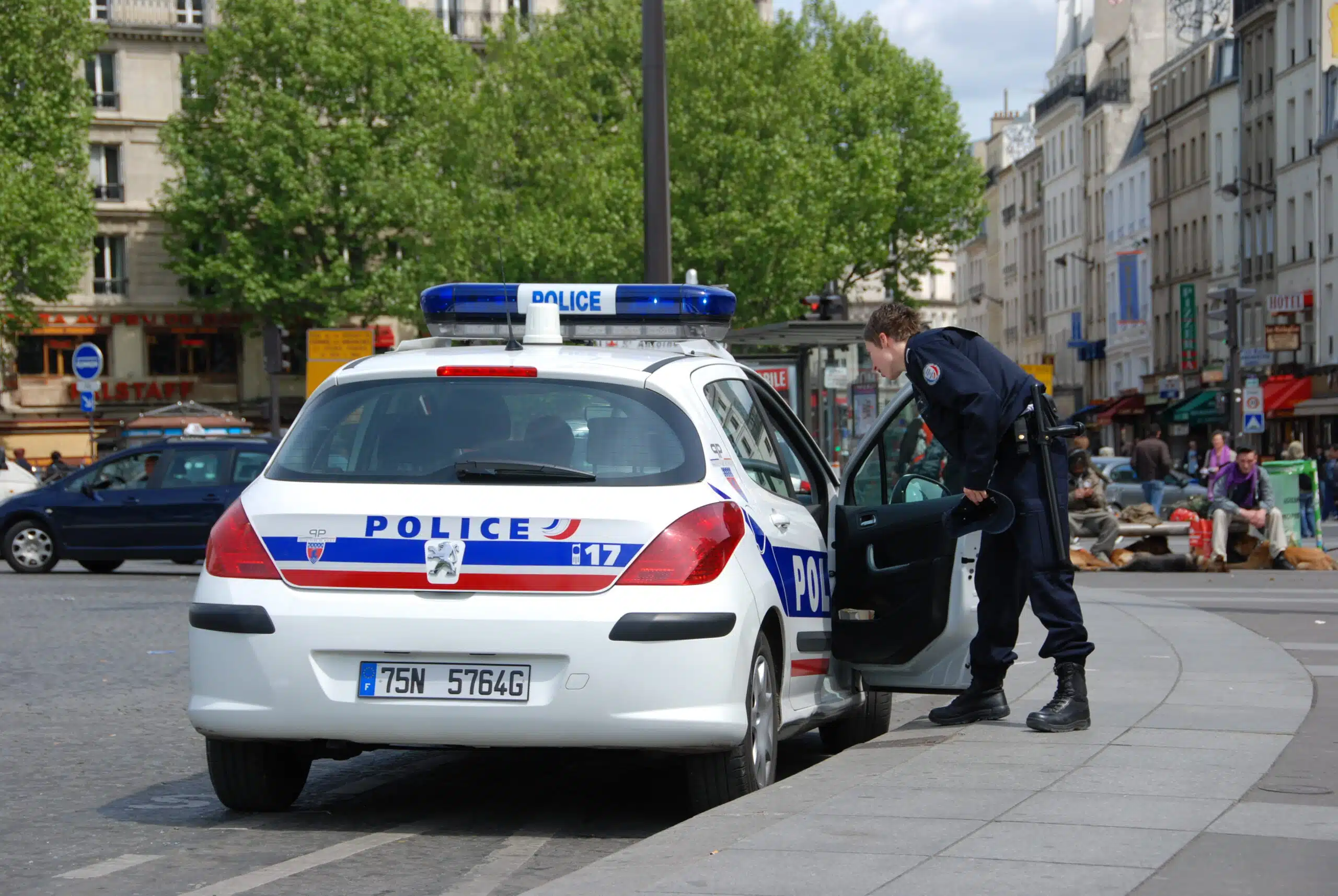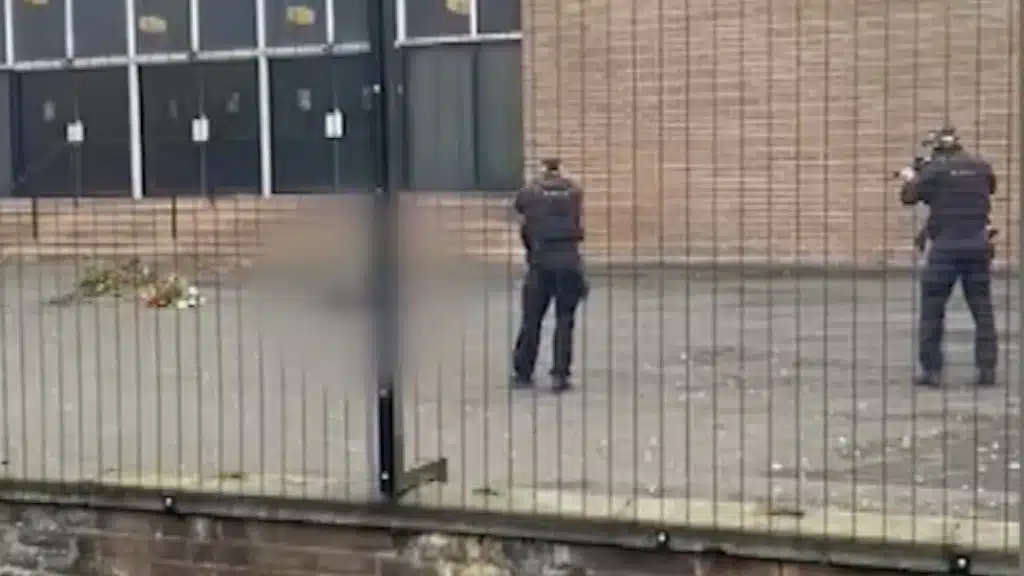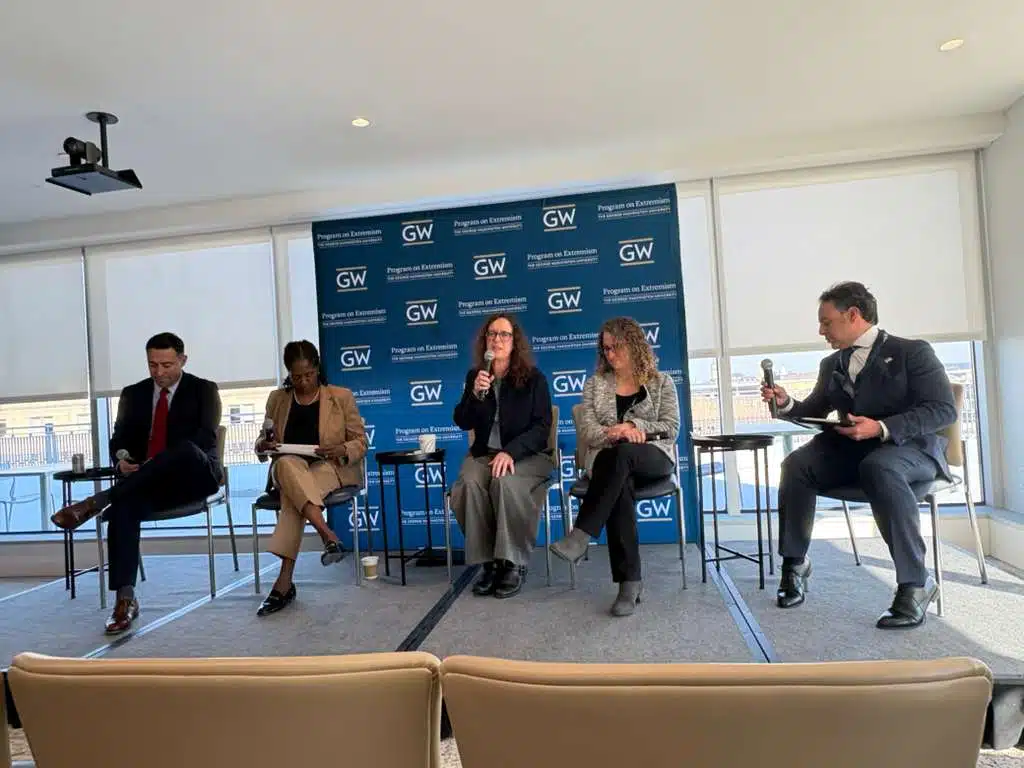

Growing Threats to Synagogues Predated Texas Attack, CAM Data Shows, With 34 Incidents in Recent Months
The hostage-taking incident at Congregation Beth Israel in Colleyville, Texas, earlier this month drew renewed attention to the growing threats faced by Jewish institutions worldwide, and particularly in the United States.
Even before the Colleyville attack, the Combat Antisemitism Movement (CAM) Information Hub was actively monitoring this trend, and in the past three months it has tracked 34 media reports of incidents globally in which synagogues and Jewish centers were targeted, including 22 in the U.S. alone (65% of total).
In Austin, Texas, on Oct. 31, a man motivated by neo-Nazi ideology set fire to the city’s Congregation Beth Israel, causing $25,000 worth of damage. He was arrested and now faces a federal arson charge.
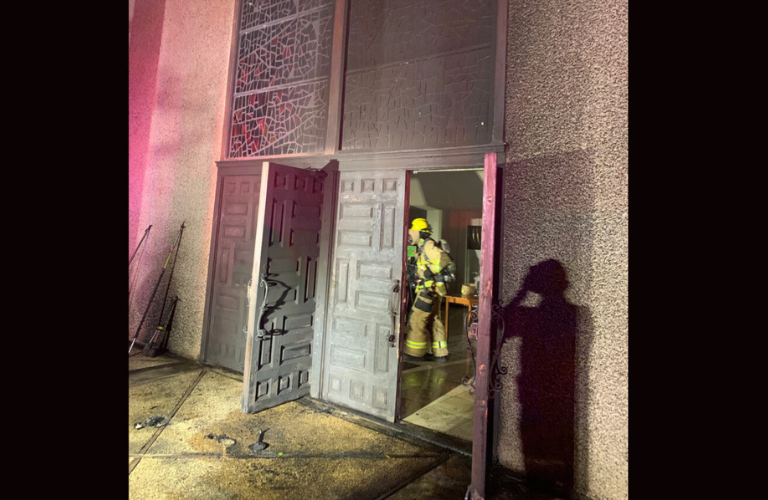
Also in Texas, an Amarillo man was indicted in mid-December for threatening to murder three Chabad rabbis.
In St. Louis, Missouri, on Nov. 5, a man called the FBI three times threatening to blow up the Central Reform Congregation, saying of Jews, “I hate them with rage.” He was arrested and ordered held pending trial.
In Columbus, Ohio, rocks were thrown at Congregation Ahavas Sholom on Nov. 4. And in Youngstown, Ohio, a bomb threat was emailed to the city’s Jewish Community Center on Nov. 15.
At the end of November, in Kansas City, Missouri, the Chabad on the Plaza building was vandalized by nighttime intruders, incurring serious damage.
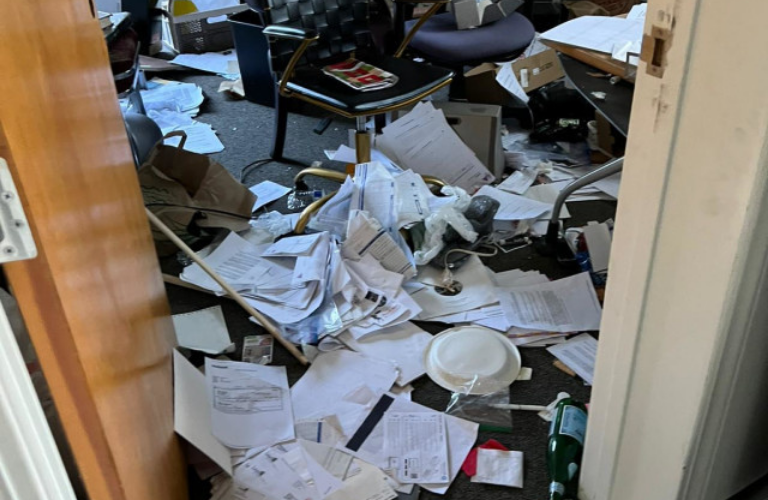
Around the same time, antisemitic graffiti was found scrawled on a wall outside Central Avenue Synagogue in Highland Park, Illinois.
On Dec. 5, in Mount Laurel, New Jersey, a sticker bearing a Nazi swastika and the words “We Are Everywhere” was found at Adath Emanu-El Synagogue. Two weeks later, a jogger discovered three swastikas drawn on a sidewalk outside B’nai Shalom Temple in West Orange, New, Jersey.
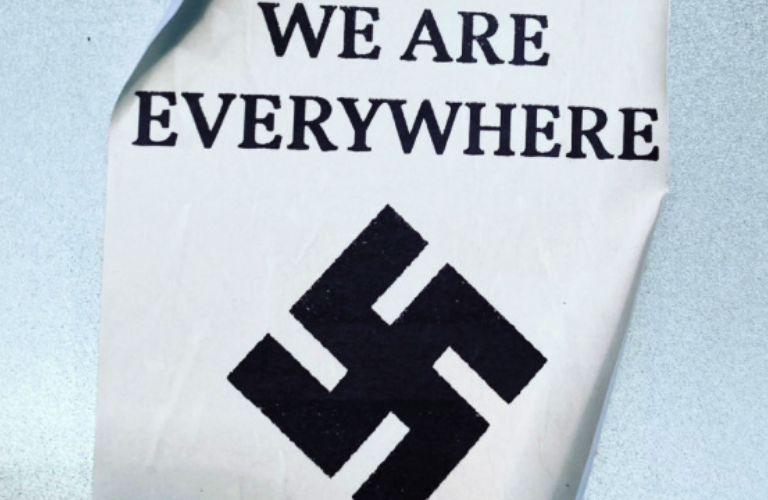
In Miami Beach, Florida, the door of Temple Emanu-El was defaced with a swastika in early December. This came about a week after a sign reading “The Goyim Know” was hung outside the Homestead Jewish Center in South Florida.
In Los Angeles, California, on Dec. 14, police responded to the scene after an antisemitic letter and a vial containing an unknown substance were found near Congregation Mogen David, in the city’s Pico-Robertson neighborhood.
The following week, antisemitic posters were plastered in LA’s Fairfax neighborhood, including one outside a synagogue.
In late December, Kol Ami Synagogue in Tuscon, Arizona, was vandalized, with multiple windows shattered.
The concerning phenomenon is not limited to the U.S., with similar incidents reported in Canada, Argentina, United Kingdom, France, Germany, Italy, Romania, Serbia, and Australia, since the fall.
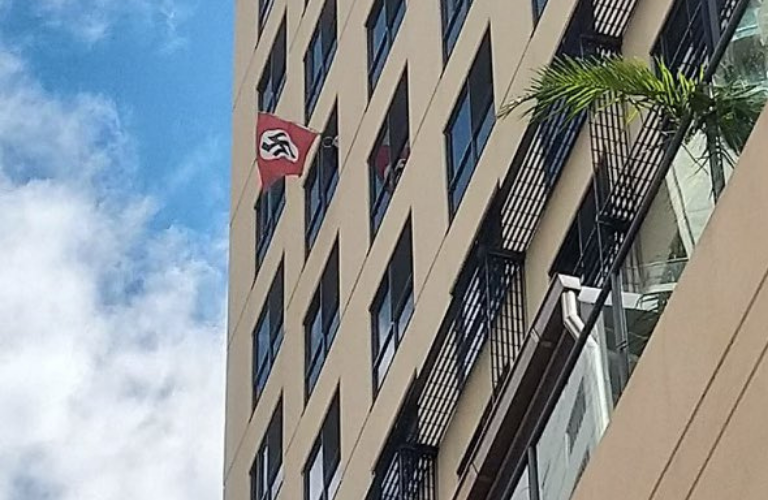
In an interview with CAM, Rabbi Alan Litwak — from Temple Sinai of North Dade in the Miami area — said, “As our country increasingly becomes more binary and individuals are emboldened by politicians, there is a greater sense that antisemitism is rearing its ugly head in the public square as well as traditional targets such as synagogues, Jewish community centers, and Jewish organizations.”
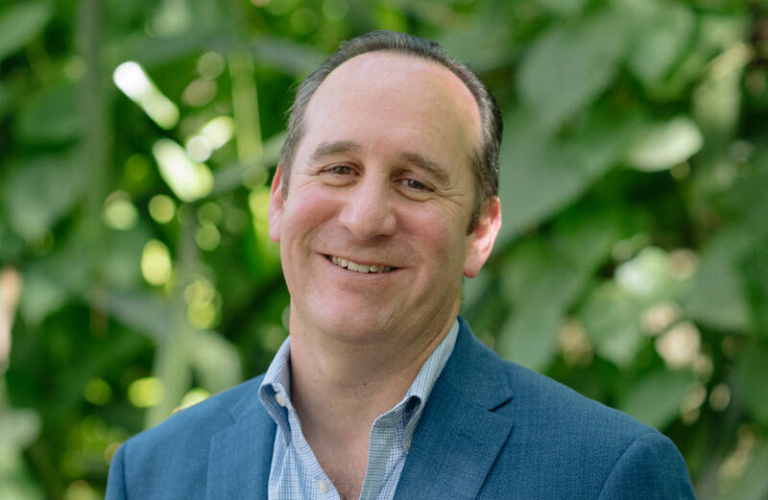
Following the Colleyville incident, there has been a bipartisan push on Capitol Hill to ensure that the Nonprofit Security Grant Program (NSGP) is adequately funded. NSGP funding is meant to support target hardening and other physical security enhancements and activities by nonprofit organizations that are at high risk of terrorist attack.
A letter sent last week to the Senate Appropriations Committee by Senators Rob Portman (R-OH), Kirsten Gillibrand (D-NY), James Lankford (R-OK), Gary Peters (D-MI), and Jacky Rosen (D-NV) said, “As you finalize the Fiscal Year (FY) 2022 Homeland Security Appropriations bill, we respectfully ask you to fund NSGP at an appropriate funding amount that reflects the increased threat level to the nonprofit sector.”
“This weekend, another attack occurred on a faith-based institution, in what the FBI is calling a ‘terrorism-related’ matter, in which the Jewish community was targeted,” it noted. “This attack underscores how extremists pose a threat to the Jewish community and to other religious, racial, and ethnic groups.”
Rabbi Litwak commented, “Synagogues which are struggling financially are increasingly being forced to make difficult decisions between mission-based programming and security personnel. Some governmental help to not only harden our institutions but provide for the ongoing need for security personnel would be a welcome relief.”
“Antisemitism is a reflection of the larger challenge within our society that does not allow for differences to be expressed or embraced,” Rabbi Litwak went on to say. “At the same time as we expect our local and national agencies to provide the security coverage that our institutions need, we also need our leaders to model a sense of openness and acceptance. Division and hatred need to be openly condemned.”
For more information on CAM’s antisemitism incidents data, which is collected on a weekly basis, visit: combatantisemitism.org/newsletters





